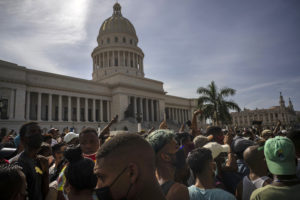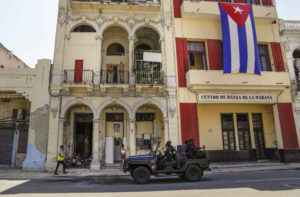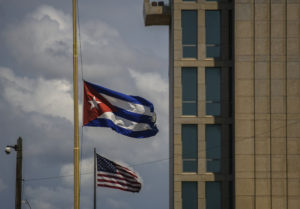Since Raúl Castro became president in 2008, Cuba has taken modest but significant steps to move from an almost entirely state-run economy to a more mixed model. The Communist Party Guidelines for Economic Reform (Lineamientos de la Política Económica y Social del Partido y la Revolución) were approved in April 2011, outlining substantial changes in the country’s economic model. Since then, more than 400,000 Cubans, out of a total workforce of more than five million, have officially entered the private sector as self-employed entrepreneurs or as employees in small businesses.
The current economic reforms are aimed at fixing the structural problems of the Cuban economy. The reforms carried out so far have been relatively modest, and the pace has been slow. The government has pushed back its own deadlines, especially for reducing the size of the state payroll, and has had to make adjustments to its plans. In the United States and elsewhere, there has been a great deal of debate about the nature of the reforms; analysts are divided about whether the reforms are profound enough or moving quickly enough to turn Cuba’s ailing economy around. The prospects for the Cuban economy and the difficulties facing Cuba’s reformers have been documented by Cuban academics, by U.S. think tanks, by scholars, and in the press. But while there has been much discussion about the economic implications of the reforms, along with calls to deepen or accelerate the reforms, there has been very little discussion about the potential social costs. (A recent CBS report entitled "Can Cuba Keep Equality and Gain a Free Market?" is a notable exception).
Over the past two years, WOLA has followed the reform process and sought to understand its social implications. In particular, WOLA has researched the state of labor rights, the structure and role of labor unions, and the ways that the economic reforms will change labor relations in the country. These issues, for the most part, have been little explored by scholars or policy analysts. WOLA staff members have traveled to the island several times to carry out research and have conducted interviews with religious leaders, economists, workers, and labor representatives. This report, which is the product of that research, attempts to give an overview of how Cuba’s labor system currently functions, offer some tentative evaluations of its strengths and weaknesses, and consider the capacity of organized labor in Cuba—and of Cuban society in general—to respond to the challenges of protecting workers in an emerging mixed economy. The purpose of this report is to enhance understanding of Cuba’s labor system and enrich the debate about Cuba’s economic reforms.
Please click here to read the report.



